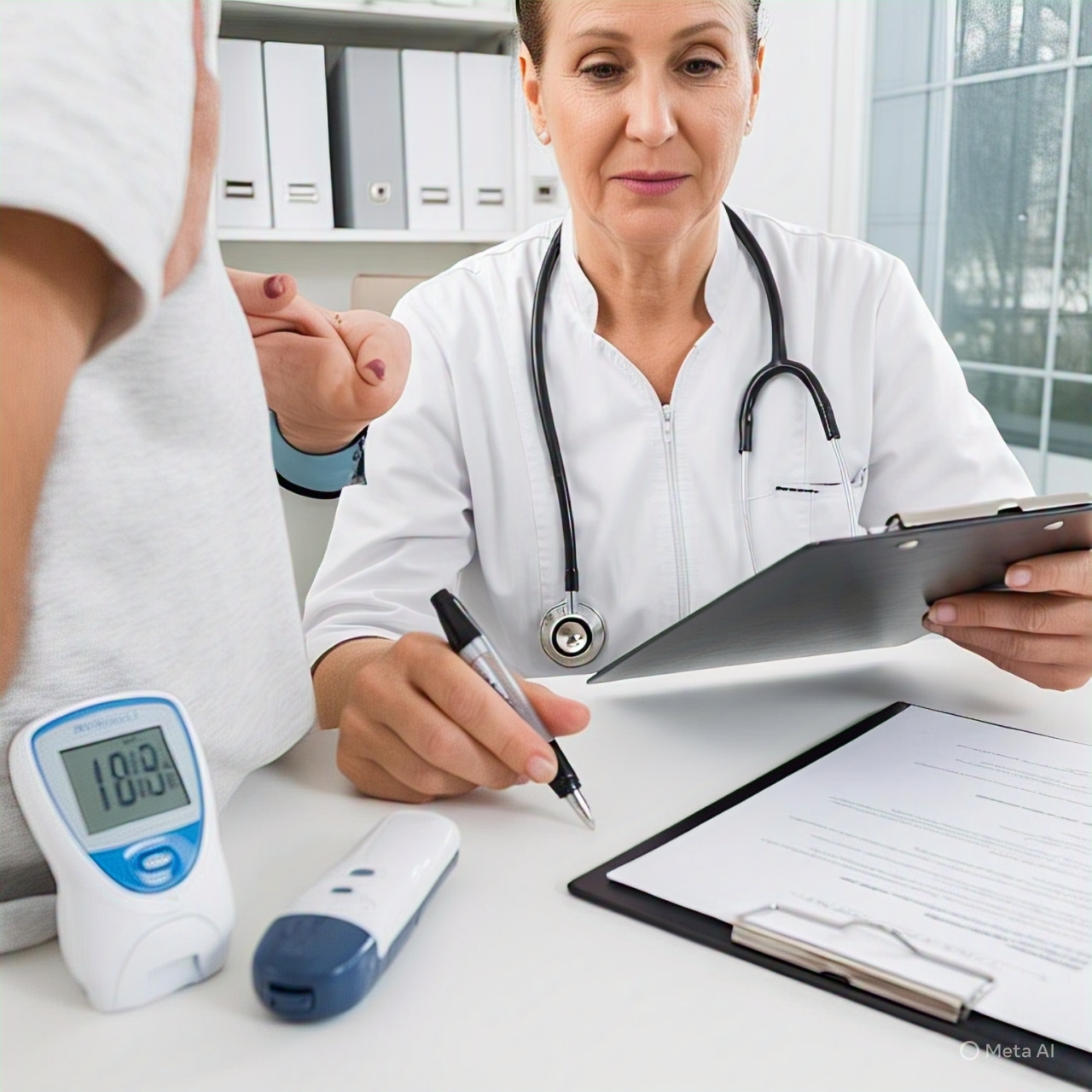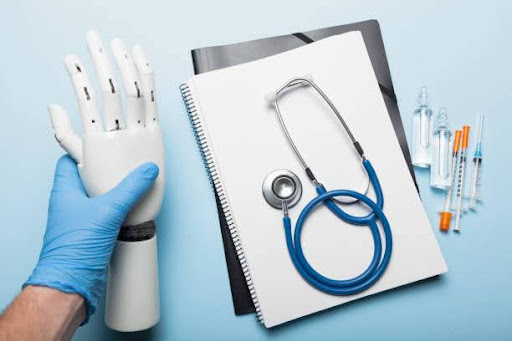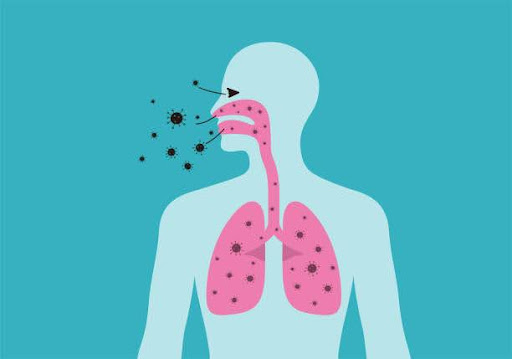Covid Monoclonal Antibody Drugs: What You Need to Know in 2025
Even as the world moves on after Covid, Covid monoclonal antibody drugs are still very important in 2025. Higher-risk patients with COVID-19 have greatly benefited from these newer forms of therapy. New variants appearing and vaccine effectiveness decreasing mean we need to keep up with the role of monoclonal antibodies in healthcare. This article looks closely at what you should know about taking monoclonal antibodies for Covid, the benefits, restrictions and their expected use against SARS-CoV-2.
Learning About Monoclonal Antibodies and How They Take Part in Fighting Covid-19
Monoclonal antibodies are manufactured proteins that work in the same way the body’s immune system fights viruses. Antibodies in COVID-19 are made to attack the spike protein, keeping the SARS-CoV-2 virus from entering the body’s cells for continued copying. At the start of the pandemic, monoclonal antibody drugs offered great hope to people who were unvaccinated or had a high chance of serious symptoms.
Approved for emergency use at the FDA and by other health authorities, using bamlanivimab, casirivimab and imdevimab helped many people stay out of the hospital and survive the pandemic. They were most efficient when started in the first phase of the infection, making them critical for use at outpatient centers and community health facilities.
How Covid Monoclonal Antibody Drugs Help Fight Covid

The way Covid monoclonal antibody drugs work is advanced and very specific. They connect to selected regions on the spike protein, so the virus cannot bind with ACE2 receptors on human cells. As a result of this inhibition, monoclonal antibodies keep the virus from replicating, slow down its growth and bring the viral amounts in the system down. Focusing on the method reduces the risk of problems and speeds up the recovery process for those with light or moderate symptoms.
In most cases, the therapies for these disorders are given either by injection into a vein or into the skin under the care of a doctor. While vaccines make the body’s immune system remember and deal with the virus, monoclonal antibodies give it a special momentary protection right away.
The Changes in Monoclonal Antibodies during the 2025 Period
Because the virus has evolved, the treatments aiming to fight it have also been updated. In 2025, businesses in pharmacy are applying innovations in bioengineering and genetics to develop antibodies that protect against a wide range of Covid variants. Since the Omicron sublineages and some recent variants can resist earlier monoclonal antibody drugs, new formulations are designed to protect against many kinds of COVID-19 variants.
Also, researchers are examining bispecific antibodies, since these antibodies can attach to two antigens at once, giving them greater ability to resist the change viruses can make. This discovery demonstrates that Covid treatment is developing quickly and staying one step ahead of viral changes is important.
A look at the differences between Monoclonal Antibodies and Antivirals and Vaccines

Although monoclonal antibody drugs play an important role in treatments, they are different from antiviral drugs and Covid-19 vaccines. Vaccines train the immune system so that it can defend the body over a long period. These antivirals block the multiplication of viral particles after they take control of your cells.
Because of their fast action, monoclonal antibodies are important for people at a higher risk, specifically those who do not have sufficient immune protection from vaccines. In fact, some monoclonal antibodies are now used to prevent infection in people who are immunocompromised.
How will access to transportation change in 2025?
During the time monoclonal antibodies were first used, it was difficult for many patients to receive them fairly. In the coming year, governments and healthcare organizations will show big advancements in how they supply medications to patients. Factories are creating more of these medicines and networks have been simplified, so people can access them in many locations.
Furthermore, various countries now use these therapies as part of their regular practice, meaning they can be delivered quickly when disease is found locally. Now, monoclonal antibodies can be given through telemedicine and home healthcare, so less pressure is placed on hospitals and those at risk have more opportunities for treatment.
How Safe Is It and What Are Its Side Effects?
Most patients receiving monoclonal antibodies as Covid-19 treatment have reported mild to moderate unwanted effects. Side effects may include fever, feeling tired, a headache and reactions at the place of the intravenous treatment. Although allergic reactions are uncommon, it is still necessary to have medical help during treatment. As with any medical product, it needs to be watched and tested after its approval to maintain the patient’s safety and effectiveness in real life.
Authorities have to supervise and give approval to use each drug.

During 2025 and in years afterward, the FDA, EMA and WHO carry out extensive clinical trials to assess the usefulness of new monoclonal antibody therapies. Most of the first emergency use authorizations for vaccines have undergone full approval thanks to extensive new long-term studies. At the same time, rules are still evolving as new studies arrive on how the vaccines function and which variants they are effective against.
As a condition, pharmaceutical companies have to report performance details for each new monoclonal antibody in order to show that they work against the main strains presently circulating. Because of this level of attention, the public trusts these important medical treatments.
What Is Expected for Monoclonal Antibody Therapy in Battling Covid-19
Monoclonal antibodies will likely stay a vital part of how the world responds to Covid-19. As they continue to improve, these new approaches might guide efforts to fight other infectious diseases. Many health systems are now recognizing their importance, as some stores monoclonal antibody formulations as emergency readiness measures.
In the future, bringing together monoclonal antibodies with antivirals or modifiers of the immune response may provide more protection and better results. Researchers are examining how inhalable monoclonal antibodies might be used, since this could take away some of the complications about taking medicine regularly.
Conclusion:
In 2025, using Covid monoclonal antibody drugs is still a main approach to handle infections for those who are at high risk and with weak immune systems. Because new variants are appearing, we need to focus on improving the design of monoclonal antibodies. Although not a complete alternative, these therapies are key in helping people during the current Covid-19 pandemic. Thanks to fair availability, improved rules and breakthroughs in science, monoclonal antibodies will preserve public health well into the future.



